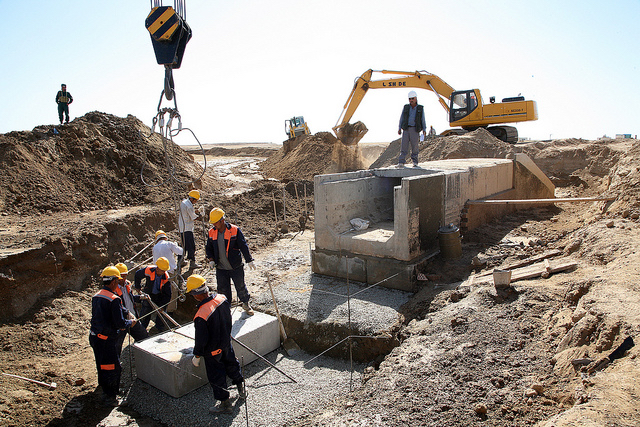
The government of Afghanistan and the Asian Development Bank have announced their Transport Sector Master Plan Update to build new roads, railways, civil aviation, trade routes and urban transportation over the next 20 years.
Sean O’Sullivan, the bank’s Central and West Asia department director general, urged development partners around the world to help finance the project, which is expected to cost US$26 billion.
“Beginning with a candid assessment of current transport challenges, the plan lays the foundation for a transport strategy and program that is sensitive to Afghanistan’s fragile and conflict-affected situation,” said O’Sullivan.
“The plan recognises that climate change adaption and climate proofing will be a critical priority for transport sector work to remain sustainable over the long term.”
Afghanistan has already received some US$2.2 billion from the bank for road, railway and airport projects, which has assisted with the first 10 years of the plan lasting from 2006 until 2016.
Minister of public work, Mahmood Baligh also acknowledged the need for donors to help the country achieve its ambitions.
“The unique geographical location of Afghanistan as the connecting point between Middle East-China and Central Asia-South Asia gives the country the opportunity to become a regional connecting hub for trade, transit, and economic development,” he said.
The plan notes that operations and particularly maintenance of roads have been in challenge in the past and asks donors to balance their assistance between investments and support for operations and maintenance.
The financial sustainability of the existing railway infrastructure is another highlighted area of concern. It suggests a build-operate-transfer concession model as a potential way forward.
The breakdown of the costs sees US$13 billion for roads, US$11.2 billion for railways, US$853 million to be invested in urban transport, along with US$568 million for airports and US$300 million for trade facilitation.

